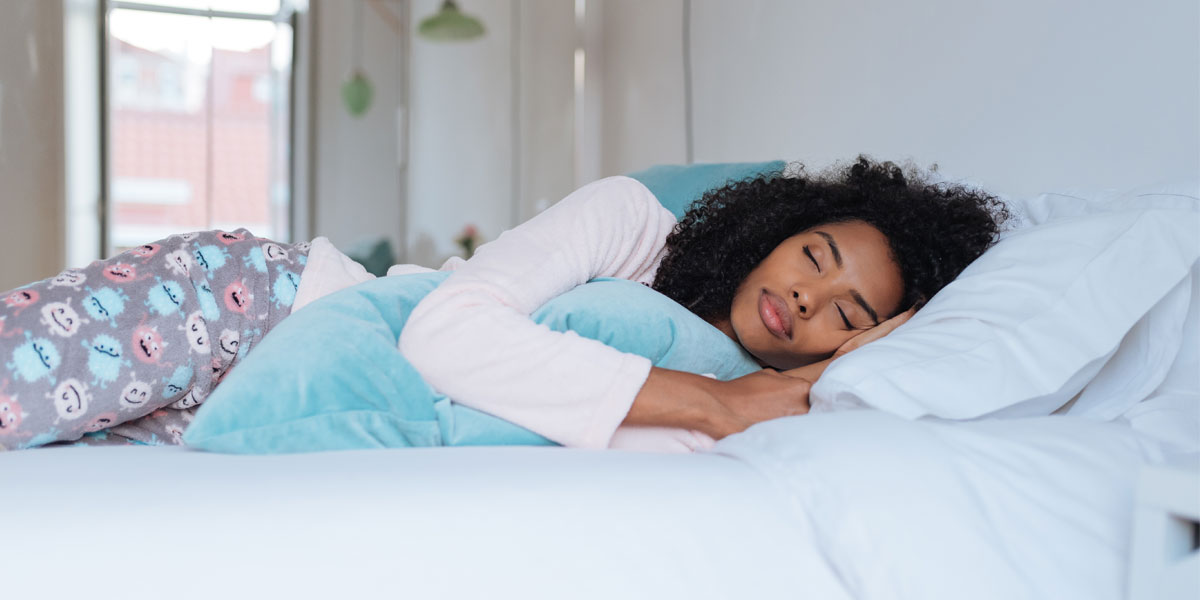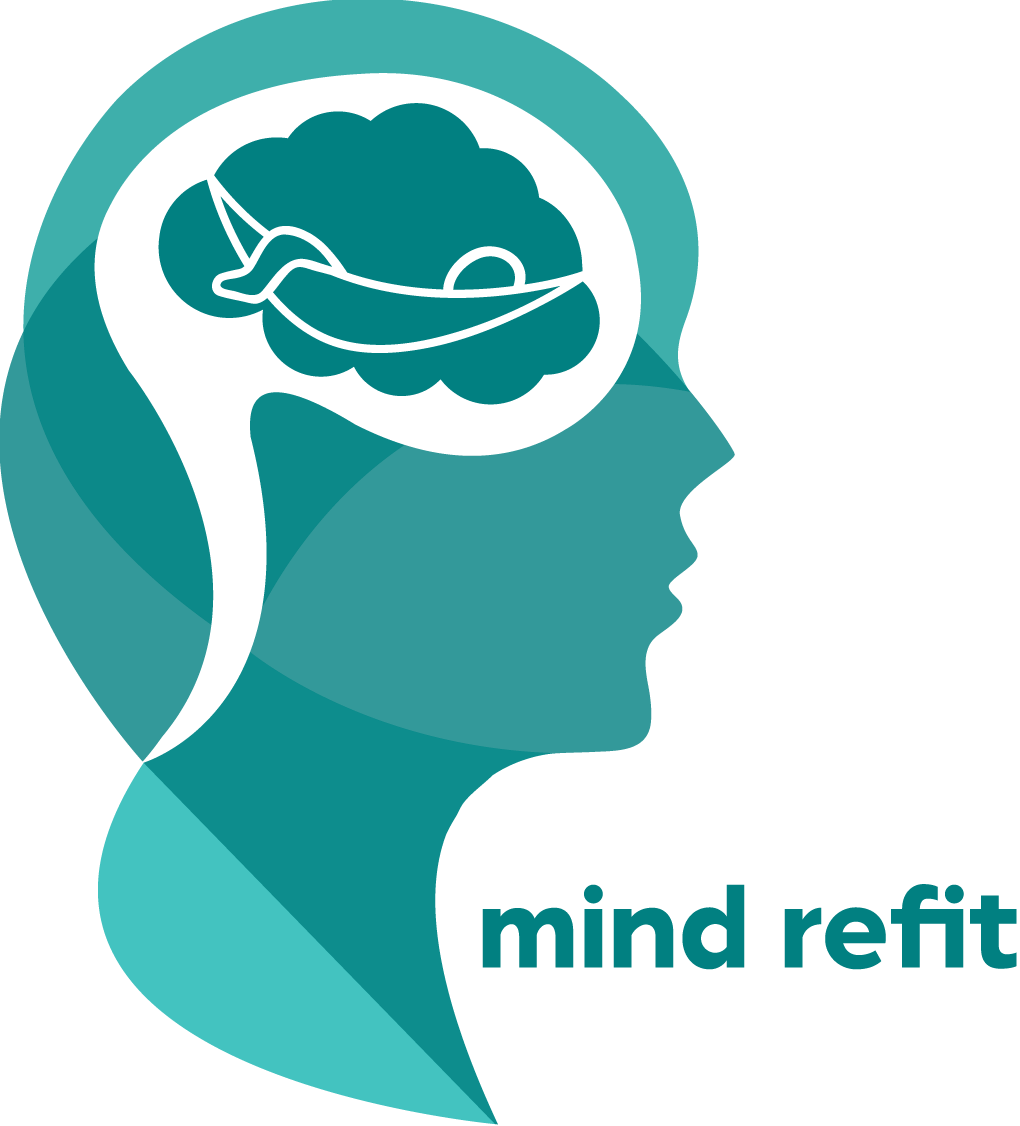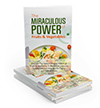
Insomnia is a common sleep disorder[1] that not only affects your daily function but contributes to severe health problems. There are different reasons why you may be experiencing insomnia, and in some cases, it may pass, given time. Some other cases may require a more tailored approach on how to cure insomnia. To learn more, check out our free Ebook on How to Combat Insomnia.
When to See a Doctor About Insomnia
For a case like insomnia, if symptoms persist for more than 3 weeks, it may be time to see your doctor, especially when;
- You’ve tried various self-help remedies without success,
- The changes in your energy level, mood, and cognitive function has worsened,
- Your inability to sleep began and persists due to the intake of prescribed medication,
- Your inability to sleep began and persists due to a medical condition like chronic pain, etc.,
- Your inability to sleep is psychological and may be linked to depression, anxiety, stress, or trauma.
Most types of insomnia can be dealt with in an old-fashioned way, as people are becoming more and more aware of how to care for their health. Thus, proper nutrition, exercise, a solid rest, and smarter life choices would go a long way. However, when insomnia doesn’t seem to go away, rather than self-medicate, the first point of call should be your doctor.
How is Insomnia Diagnosed
Your doctor may diagnose insomnia based on the following;[7]
- Medical history; which shows ongoing or new health problems, painful injuries, or if you’re taking medication that may have related side effects. Your health history will also provide your psychological profile (i.e. anxiety/depression), if you currently have stressors and how you cope with stress, your habits and if they’re detrimental, as well as the substances you take, why, and when.
- Sleep history; which shows how long you’ve had the problem, your sleep schedule, how you feel when you wake up and all through the day, your mindset towards sleep, and the activities you engage in before bed. It may help to keep a sleep diary prior to your consultation, to present to your doctor.
- Physical examination; to rule out any medical condition, such as thyroid, as a possibility. It typically involves blood tests.
- Sleep study; polysomnogram (PSG) (a sleep study which records the oxygen in your blood, your breathing activity, brain activity, eye movements, heart rate, and blood pressure) may be recommended at the medical facility to check for underlying sleep disorders that may be responsible for your inability to sleep.
Results from the above analysis may be used to determine whether or not you have insomnia. If you do, the next step would be to cure it.
How to Cure Insomnia
Is insomnia curable? Absolutely! However, it’s left for your doctor to recommend treatments. That being said, the cure for insomnia consists of self-care, therapies, medications, and specialists.[2]
Available Treatments for Insomnia
The available treatments for insomnia are summarized as follows;
1. Self-care
In addition to our self-help tips for dealing with insomnia, natural sleep aids, such as sleep-promoting supplements have been scientifically backed as an alternative insomnia treatment. A few of them include;
-
- melatonin[3] (a sleep-signaling hormone supplement that is considered safe for short-term use),
- magnesium[4] (with calming effects that improves the quality and quantity of sleep),
- Glycine[5, 6] (which can be gotten naturally from glycine-dense foods like bone broth, meat, eggs, poultry, fish, beans, spinach, kale, cabbage and fruits like bananas and kiwis. Or, taken as a pill or in powder form dissolved in water).
2. Therapy
Some stress-reducing/relaxation exercises, like breathing, yoga, massages, etc. may be helpful as an alternative insomnia treatment, depending on the type and cause of your insomnia. Other therapeutic remedies include;[2]
-
- cognitive behavioral therapy (which is a talk therapy focused on modifying negative thoughts, behaviors, and emotional responses associated with psychological distress), and
- light therapy (involving exposure to bright light using a device called a lightbox, which mimics natural sunlight).
3. Medication
To cure insomnia, medication may be prescribed, especially to individuals whose insomnia is linked to anxiety or depression. A few prescription medications for insomnia include;[2]
-
- sedative (which causes drowsiness, calmness, and dulls the senses. Some types of sedatives may become addictive so if you have a history of addiction, it may be good to let your doctor know),
- antihistamine (which reduces or stops an allergic reaction that may be causing insomnia),
- antidepressants (which prevents or relieves depression and elevates mood),
- sleep medicine (which treats sleep disturbances and disorders).
4. Specialists
Depending on the cause and type of your insomnia, one or a combination of the following specialists may be instrumental;[2]
-
- Primary Care Provider (PCP) (your day-to-day medical specialist that aids in the prevention, diagnosis, and treatment of diseases),
- Clinical Psychologist (a specialist that treats mental disorders primarily through talk therapy),
- Psychiatrist (a specialist that treats mental disorders primarily with medications).
Closing Thoughts
The importance of sleep cannot be overemphasized. Thankfully, insomnia can be managed and cured both medically and through self-care and/or prescribed therapy. For more information about Insomnia, check out our free guide on How to Combat Insomnia. You may find it useful.
References
- U.S. National Library of Medicine (n.d.). Sleep Disorders. Retrieved January 27, 2020, from MedlinePlus: https://medlineplus.gov/sleepdisorders.html
- College of Medicine, the University of Ibadan, Nigeria via google.com health information source.
- Shochat T, Haimov I, Lavie P. (1998). Melatonin–the key to the gate of sleep. Sleep Laboratory, Faculty of Medicine, Technion-Israel Institute of Technology, Haifa. Ann Med. 1998 Feb; 30 (1):109-14. Retrieved January 27, 2020, from US National Library of Medicine, National Institutes of Health; https://www.ncbi.nlm.nih.gov/pubmed/9556097
- de Baaij JH, Hoenderop JG, Bindels RJ (2015). Magnesium in man: implications for health and disease. American Physiological Society. Physiol Rev. 2015 Jan; 95 (1):1-46. Retrieved January 27, 2020, from US National Library of Medicine, National Institutes of Health; https://www.ncbi.nlm.nih.gov/pubmed/25540137
- Kawai, N., Sakai, N., Okuro, M., Karakawa, S., Tsuneyoshi, Y., Kawasaki, N., … Nishino, S. (2015). The sleep-promoting and hypothermic effects of glycine are mediated by NMDA receptors in the suprachiasmatic nucleus. Neuropsychopharmacology: official publication of the American College of Neuropsychopharmacology, 40(6), 1405–1416. doi:10.1038/npp.2014.326. Retrieved January 27, 2020, from https://www.ncbi.nlm.nih.gov/pmc/articles/PMC4397399/
- Bannai M, Kawai N. (2012). New therapeutic strategy for amino acid medicine: glycine improves the quality of sleep. J Pharmacol Sci. 2012;118(2):145-8. Epub 2012 Jan 27. Retrieved January 27, 2020, from US National Library of Medicine, National Institutes of Health; https://www.ncbi.nlm.nih.gov/pubmed/22293292
- U.S. Department of Health & Human Services (n.d.). Insomnia. Retrieved January 27, 2020, from National Heart, Lung, and Blood Institute: https://www.nhlbi.nih.gov/health-topics/insomnia





0 Comments